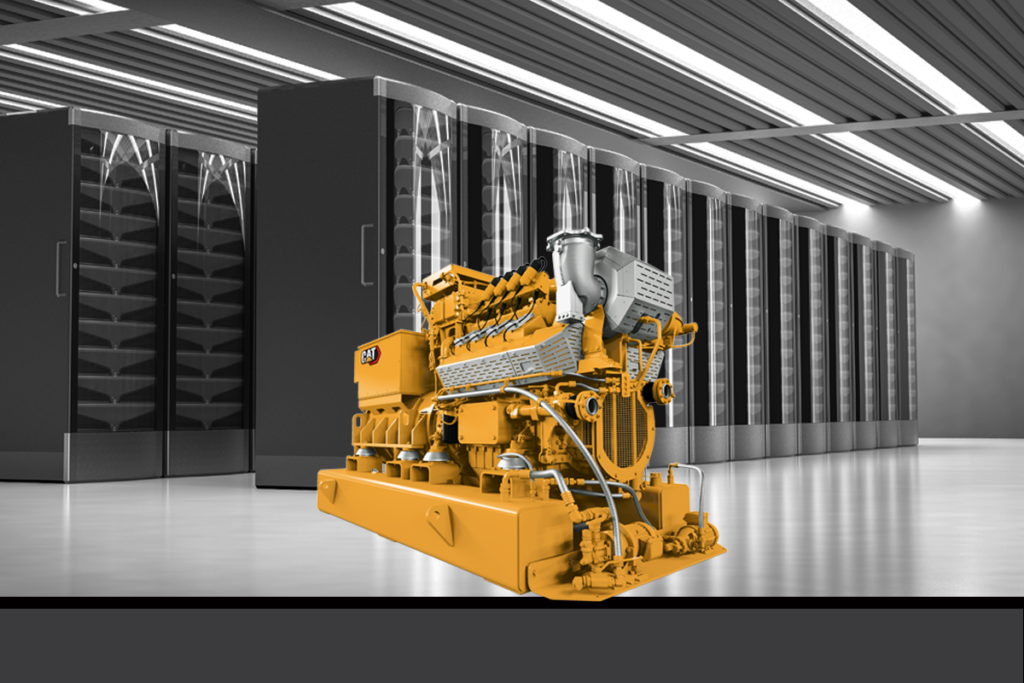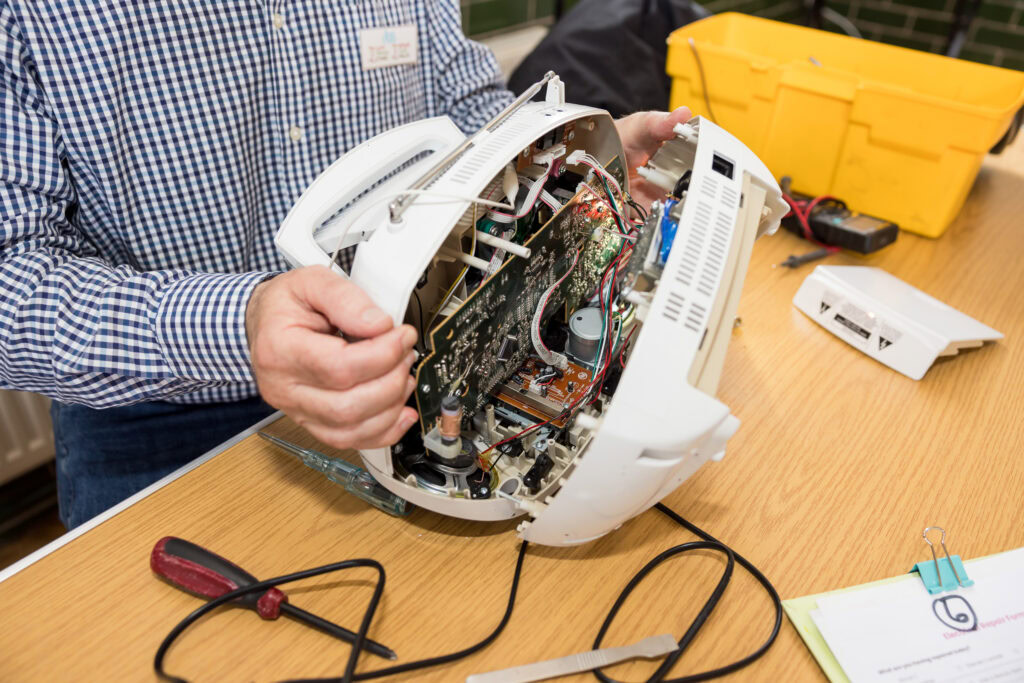The original generators were failing to produce sufficient power in comparison to when the landfill was open and consistently refilling with waste.
Clint Noble, senior sales manager at Finning UK and Ireland who installed the new generators, explained: “It’s critical that the equipment used for biogas generation is right for the nature of the fuel available, as this can vary widely and dramatically impact the power generated.
“This was the case at Coxhoe where it had changed significantly over time, so we needed to find a way to help Durham county council make the most efficient use of the methane available. Having worked with the team there for many years, we were in an ideal position to recommend the most effective solution.”
Finning analysed the volume and quality of gas produced at the site confirmed that the current configuration of four 1MW generators was no longer suitable.
Aside from the suboptimal energy production, continued use of the operators would have shortened their lifespan and increased servicing and repair costs.
Finning specified two smaller units, a Cat 400kWe and Cat 600kWe, reciprocating power generators (CG132B-08 & CG132B-12) to replace two of the 1000kWe power generators.
‘A great way to generate renewable power’
Mike Curry, environmental systems manager for Durham county council, said: “Making use of the methane produced by sites like Coxhoe is a great way to generate renewable power and prevent what is a potent greenhouse gas from entering the atmosphere.
“So, [Finning] were our go-to experts for advice when we identified that we no longer had the right equipment for the methane the site is now producing.
“We were very happy with the solution Finning provided, and the assurance that the maintenance and support package maximises uptime from the generators. We are now considering whether to add a further 600kWe unit given how well our current generator has coped with the methane produced at Coxhoe.”










Subscribe for free